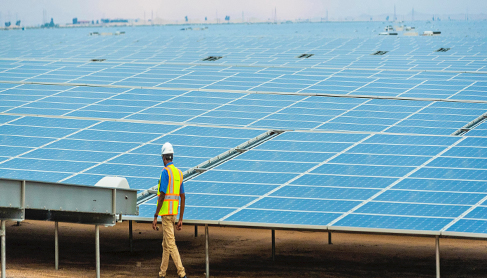The Power Division has categorically denied recent rumors circulating about the imposition of a fixed tax on solar power in Pakistan. In an official statement, the Power Division clarified that there is no truth to these speculations, emphasizing that such measures have not been considered or proposed.
According to the Central Power Purchasing Agency (CPPA) and Power Division officials, no formal proposal or summary has been forwarded to the government regarding the imposition of any additional taxes or fixed charges specifically targeting solar power consumers. This clarification comes amidst concerns raised by various stakeholders in the renewable energy sector.
The Power Division further highlighted the growing trend of affluent individuals opting for solar panel installations without seeking subsidies, contrasting with the burden faced by domestic and industrial consumers who are currently shouldering a subsidy of PKR 1.90 per unit.
The impact of this subsidy burden has been significant, affecting approximately 2.5 to 3 million low-income consumers. If this situation persists, experts warn that consumers could experience an additional burden of up to PKR 3.35 per unit, further straining household and industrial budgets.
The statement also underscored the significance of the net metering policy introduced in 2017, which aimed to promote the adoption of alternative energy sources and reduce dependency on traditional power generation methods. However, the rapid growth in solarization since then necessitates a comprehensive review of the pricing structure to ensure fair distribution of costs and incentives across all consumer categories.
The Power Division assured that ongoing evaluations and consultations are being conducted to devise effective strategies that protect consumers’ interests, encourage further investment in solar energy, and support the sustainability of Pakistan’s energy landscape. This includes considerations for safeguarding the investments of approximately 150,000 net metering users, ensuring a balanced and conducive environment for renewable energy development.







